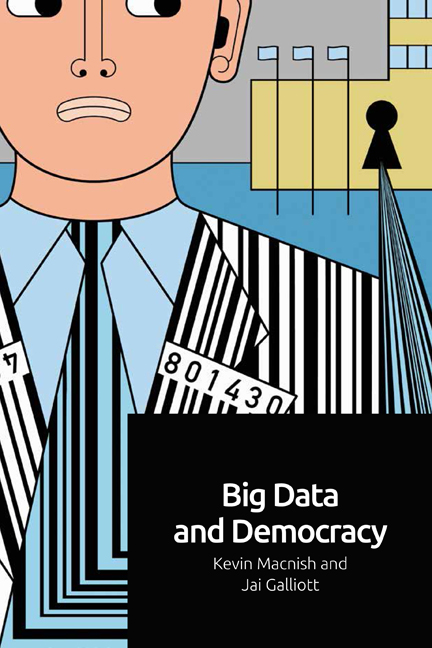Fourteen - Big Data Analytics and the Accessibility of Public Inquiries
Published online by Cambridge University Press: 17 October 2020
Summary
Introduction
There is an increasing tendency for reasonably large heterogeneous data sets to be released digitally online as part of public inquiries or court cases. These data sets may be composed of PDF files, images and scanned handwritten documents; some voluntarily and intentionally released, others released only after requests or via leaks. The release of these data sets is often justified as necessary to improve the transparency of a process or the operations of an organisation. When the data is released willingly, the intention may be that the released evidence would support the conclusions of the investigation or inquiry, thereby reinforcing the legitimacy of the process. Where the release of documents is only in response to successful external requests for evidence, such as via a state's Freedom of Information process (FOI), the release is often part of an attempt to make the decision-making process more transparent to the public by third parties (such as researchers or journalists). When data is leaked, it is the leaker or whistle-blower who might be attempting to inform the public about a process or practice that they believe should be known. In many of these situations questions remain as to how useful the released data actually is, the politics of how accessible it is, and what the politics are behind its relative accessibility?
This chapter looks at two case studies to highlight some aspects of these issues. It argues that the tools normally associated with the analysis of much larger big data sets can be successfully applied to improve the accessibility of inquiries and similar processes. The two cases that we draw on are the court-martial of Private Chelsea Manning in the US (Burgess 2012), and the Leveson Inquiry into the Culture, Practice and Ethics of the Press (Leveson Report) in the UK (Inquiry et al. 2012). We briefly also touch upon the materials that Manning leaked from US Army databases to WikiLeaks that lead to her court-martial.
The Manning trial of 2013 provides an example of a process whereby the supporting evidence, in the form of court exhibits and records, was released largely via a systematic process of FOI requests filed by a small number of individuals.
- Type
- Chapter
- Information
- Big Data and Democracy , pp. 217 - 230Publisher: Edinburgh University PressPrint publication year: 2020



